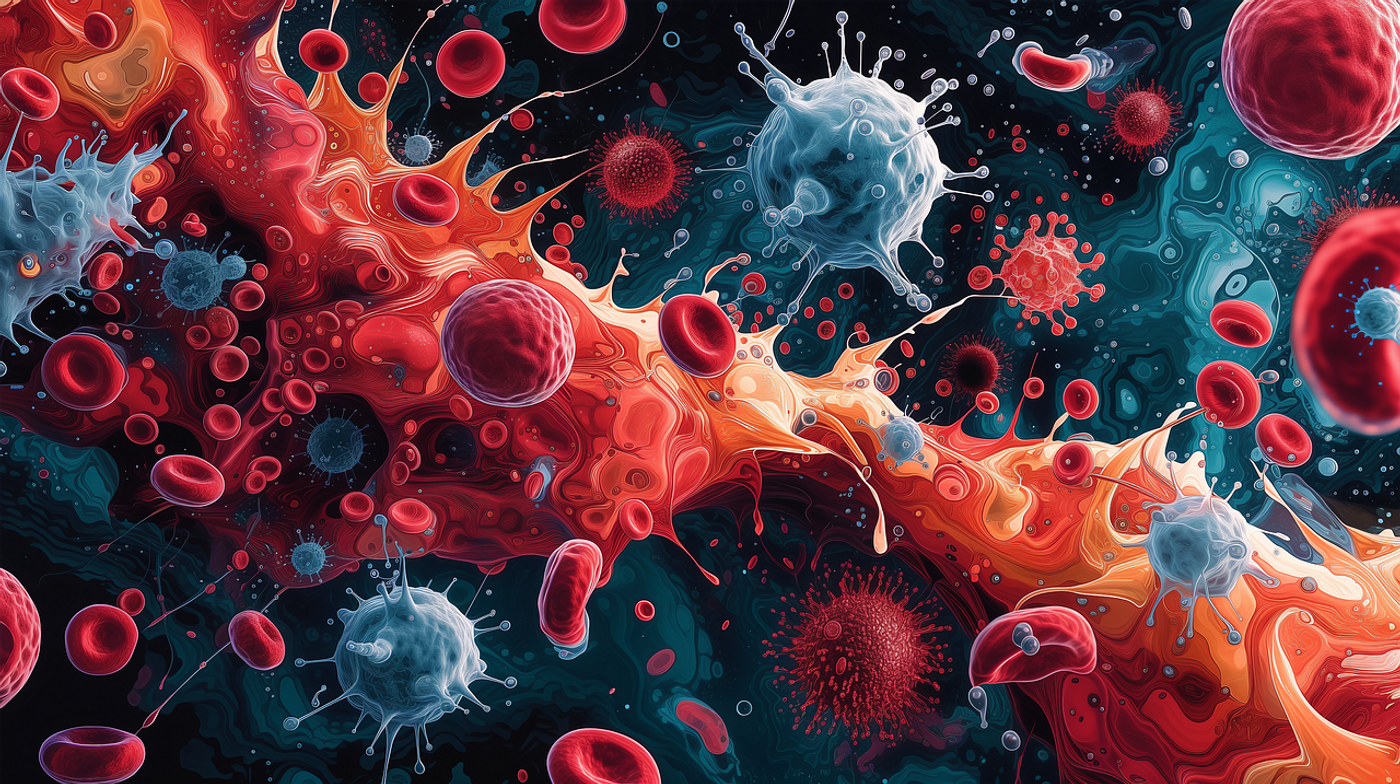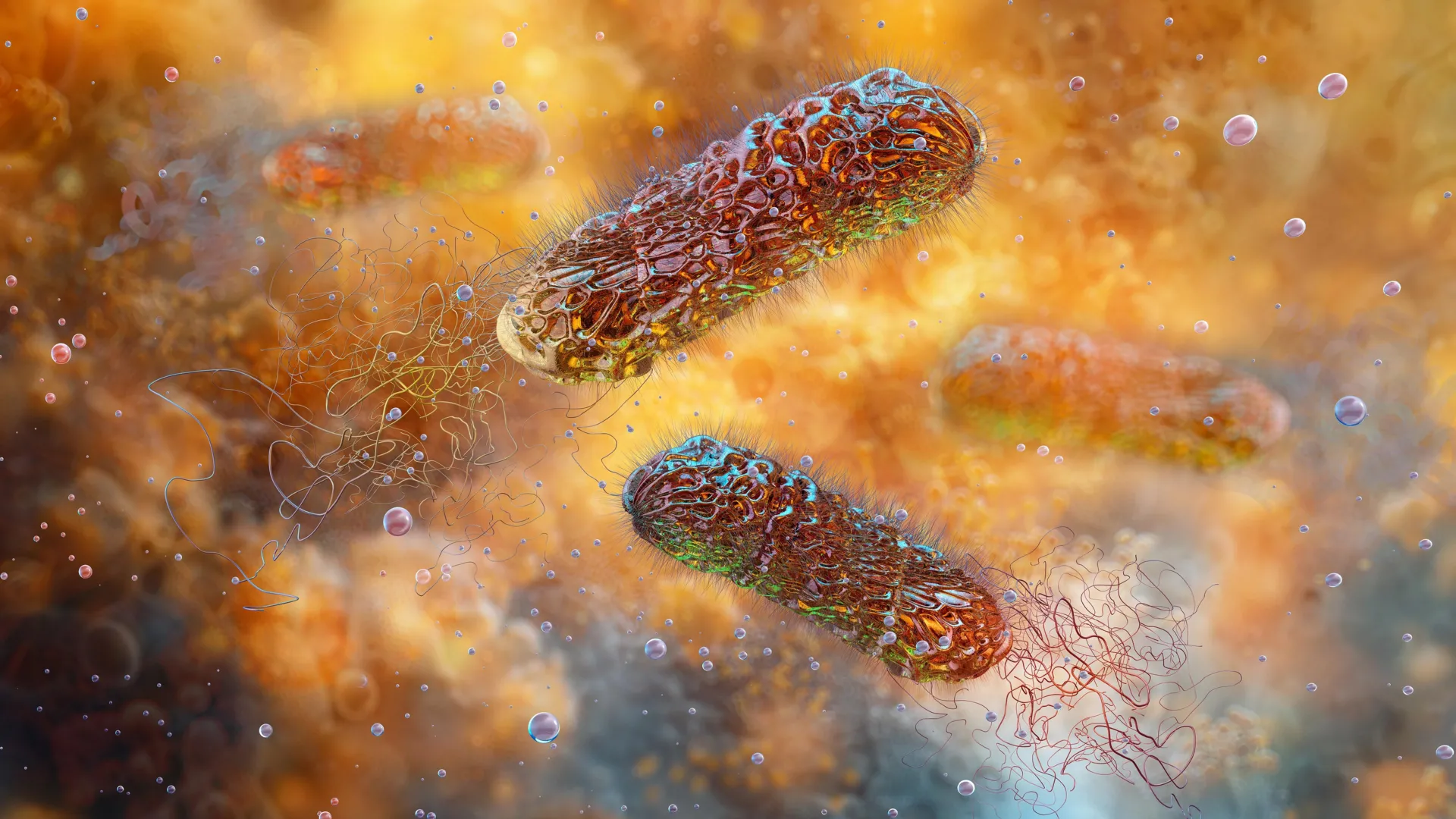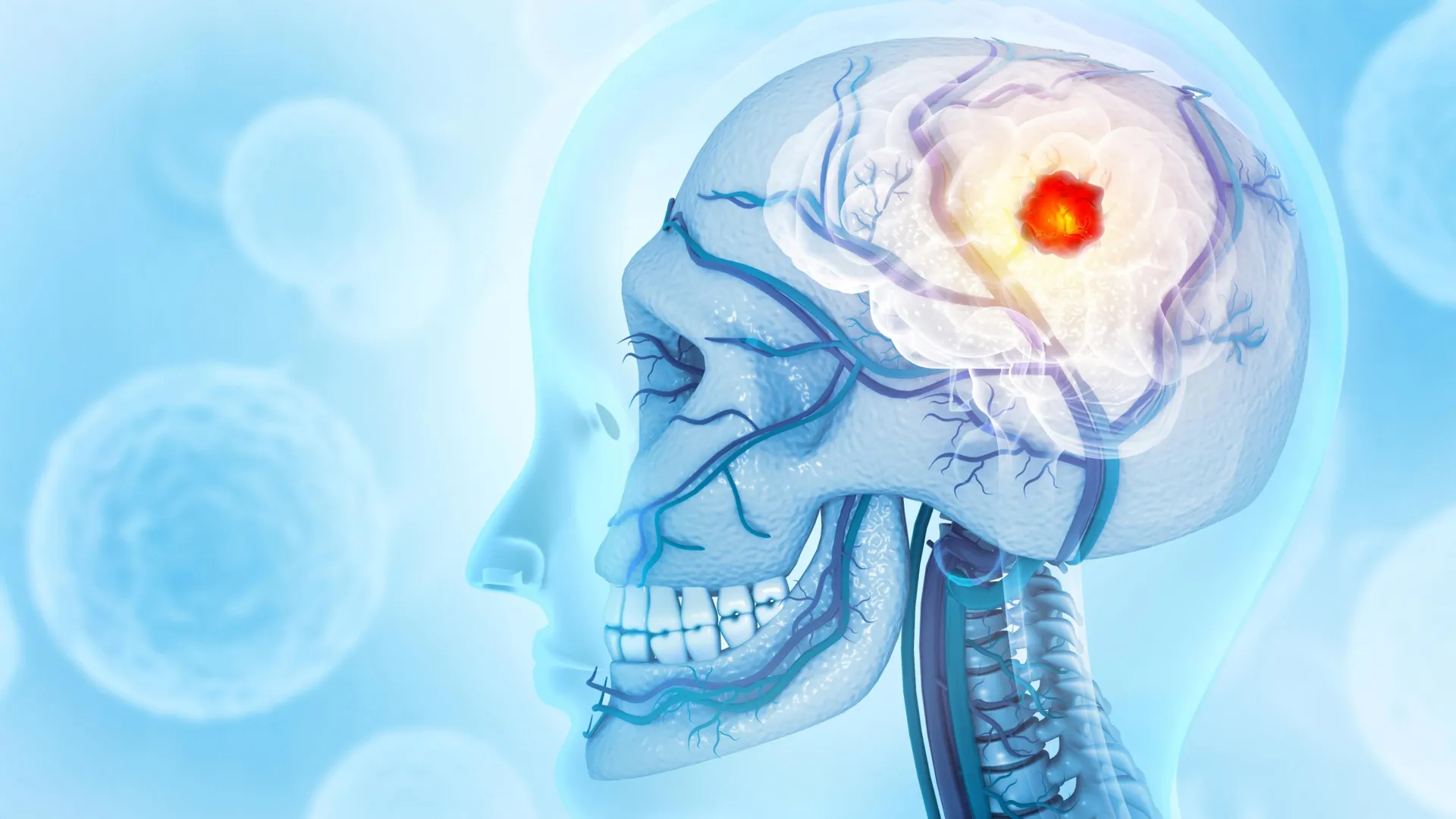patientrightsadvocate.org
The lack of transparency in prices in so much of our healthcare system is shocking. All actual prices should be revealed, and bills should be itemized, just as we expect them to be at hotels, grocery stores and for all…

patientrightsadvocate.org
The lack of transparency in prices in so much of our healthcare system is shocking. All actual prices should be revealed, and bills should be itemized, just as we expect them to be at hotels, grocery stores and for all…

Lymph nodes, hundreds of small structures located throughout the body, play a pivotal role in immunity, including anti-tumor immune responses. White blood cells, also known as lymphocytes, reside in the…

Wounds that do not heal are often caused by bacterial infections and are particularly dangerous for the elderly and people with diabetes, cancer and other conditions.
Acetic acid (more commonly known as vinegar) has been used for centuries as a…

Researchers recreated a nearly forgotten yogurt recipe that was once was once common across the Balkans and Turkey — using ants. Reporting in the Cell Press journal iScience on October 3, the team shows that bacteria, acids, and enzymes in ants…


Scientists at Montefiore Einstein Comprehensive Cancer Center (MECCC) and Albert Einstein College of Medicine have shown for the first time that glioblastoma — the deadliest form of brain cancer — affects not just the brain but also erodes the…

The term “telepathy” was coined in 1882 by Frederic Myers to describe direct mind-to-mind communication outside known sensory channels. No scientific evidence yet supports it, but innovation is attempting to emulate it.
getty
Telepathy, the notion…

President Donald Trump speaks in the Oval Office of the White House in Washington, DC, on Tuesday, Sept. 30, 2025, on a deal with the drug company Pfizer to sell some of its drugs at discounts (supposedly reflecting “most favored nation” prices…

In the realm of memories, “where” holds special importance. Where did I leave my keys? Where did I eat dinner last night? Where did I first meet that friend? Recalling locations is necessary for daily life, yet spatial memory — which keeps track…

The open question is whether policies should lean more heavily on markets, with their proven record of innovation and efficiency, or on government interventions that expand access but risk slowing progress.
getty
Calls to lower drug prices are back…